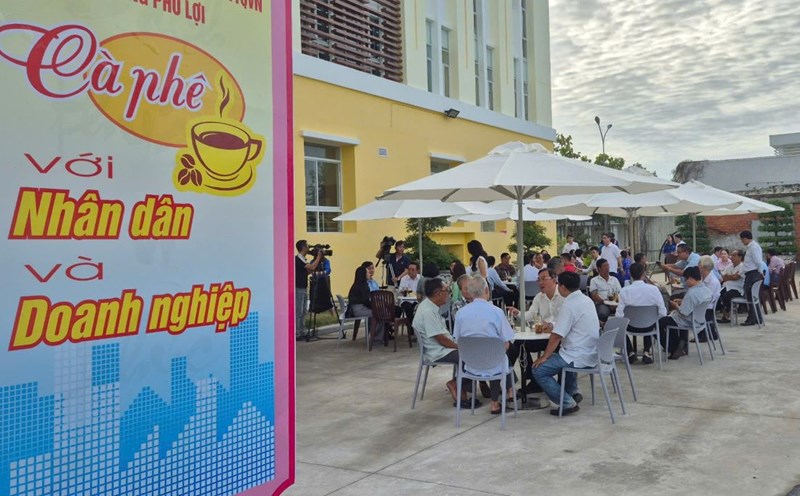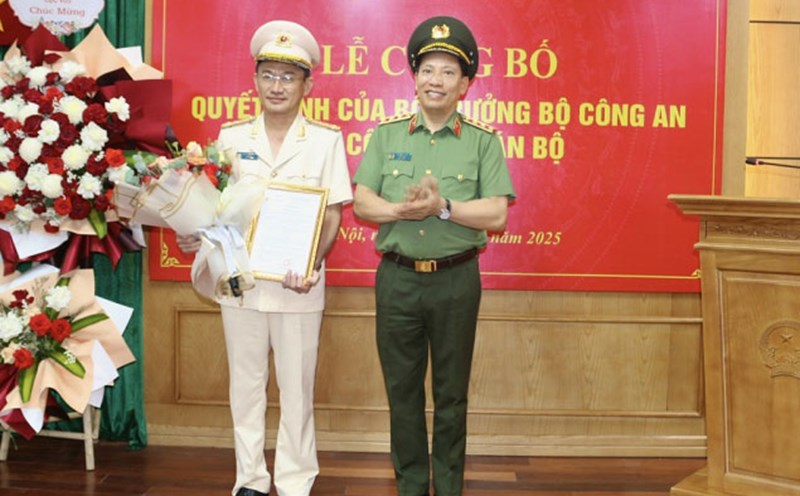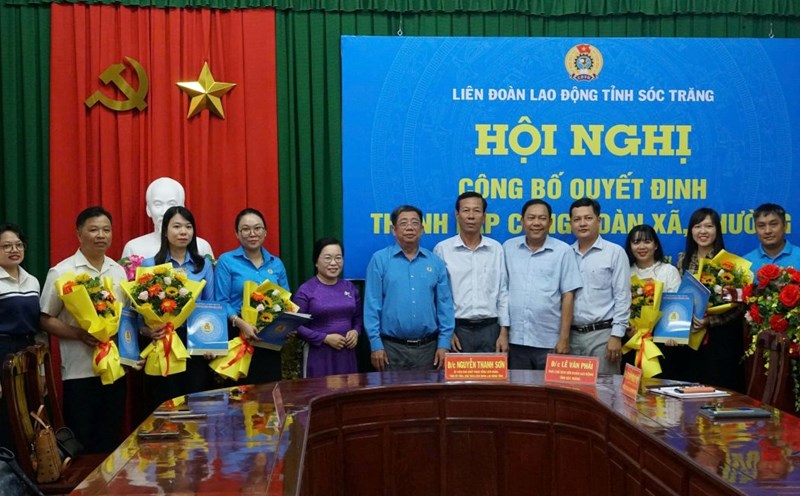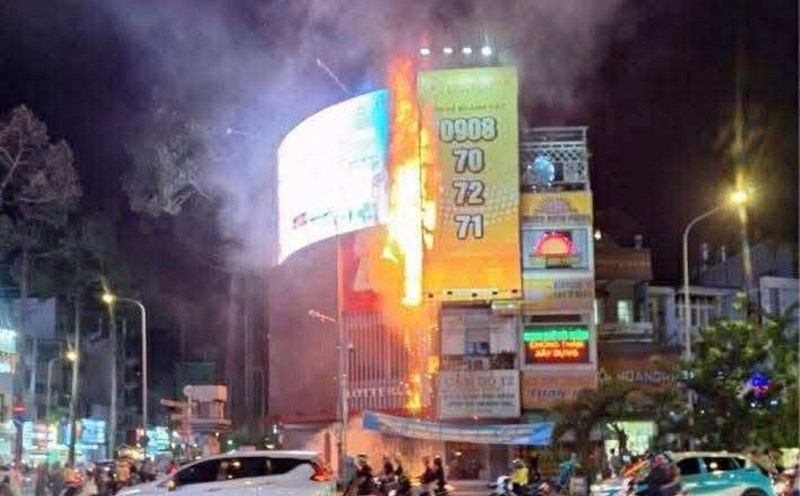On July 11, at an online conference to assess the performance of communes and wards in Can Tho city after implementing the arrangement of administrative units, Chairman of Phu Loi Ward People's Committee Tran Van Nhanh proposed that the City People's Committee consider arranging the headquarters of the old Soc Trang Provincial People's Committee as the ward's public administrative center.
According to Mr. Nhanh, after the merger, the number of people coming to the public administrative center to handle procedures was very large. The Ward People's Committee is planning to add more services such as police, tax, health insurance, etc. to the Public Administration Service Center to facilitate and reduce travel time for people.
"Consentralizing all administrative transactions in one place makes the current central space not enough. Therefore, we boldly propose to use the old Soc Trang Provincial People's Committee headquarters as a public administrative center," said Mr. Nhanh.
Responding to this proposal, Chairman of Can Tho City People's Committee Tran Van Lau said that he would review because the above headquarters is large-scale, related to many issues related to maintenance, operation and maintenance costs.
Phu Loi ward was merged from wards 1, 2, 3 and 4 of Soc Trang city, the old Soc Trang province (now Can Tho city). The ward has a total natural area of 26.79km2, population of 95,516 people.
After 2 weeks of operation, the Phu Loi Ward Public Administration Service Center has received 700 administrative procedure records. Of which, 480 dossiers have been resolved, the rest are under processing according to regulations. Notably, the land sector accounts for a large proportion with 330 records, including 162 records received without administrative boundaries (from wards such as Soc Trang and My Xuyen).
This place also deploys taking consecutive numbers when handling administrative procedures and tracking the number of records via the Zalo application. And the Coffee for the People and Business model aims to help the government get closer to the people, increase connection, listen and accompany in solving socio-economic problems in the locality.














